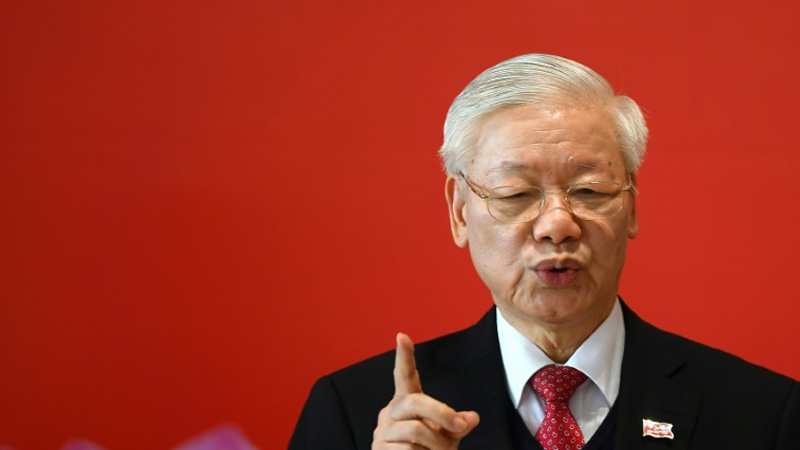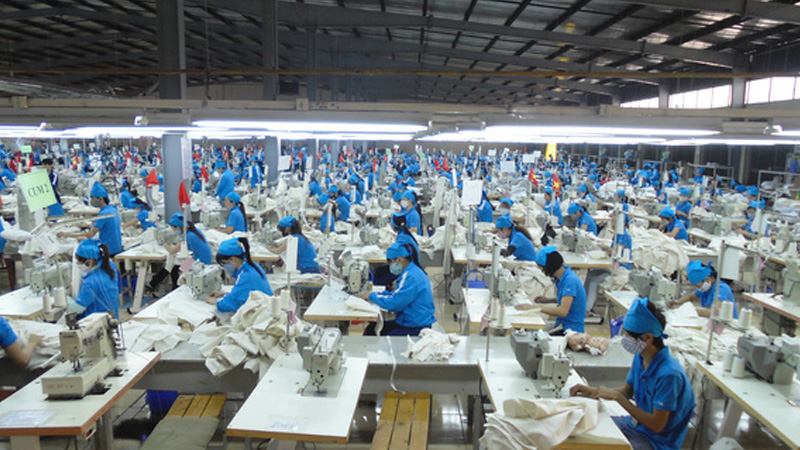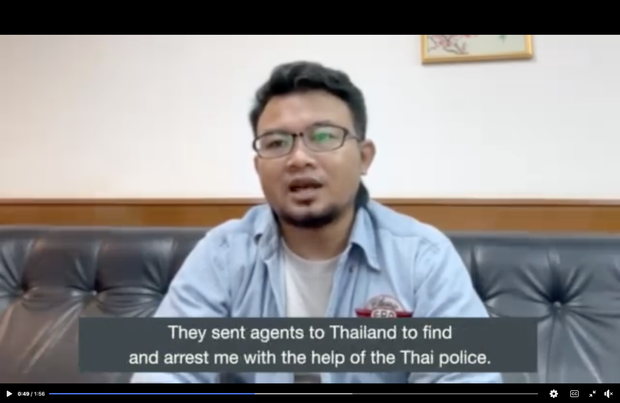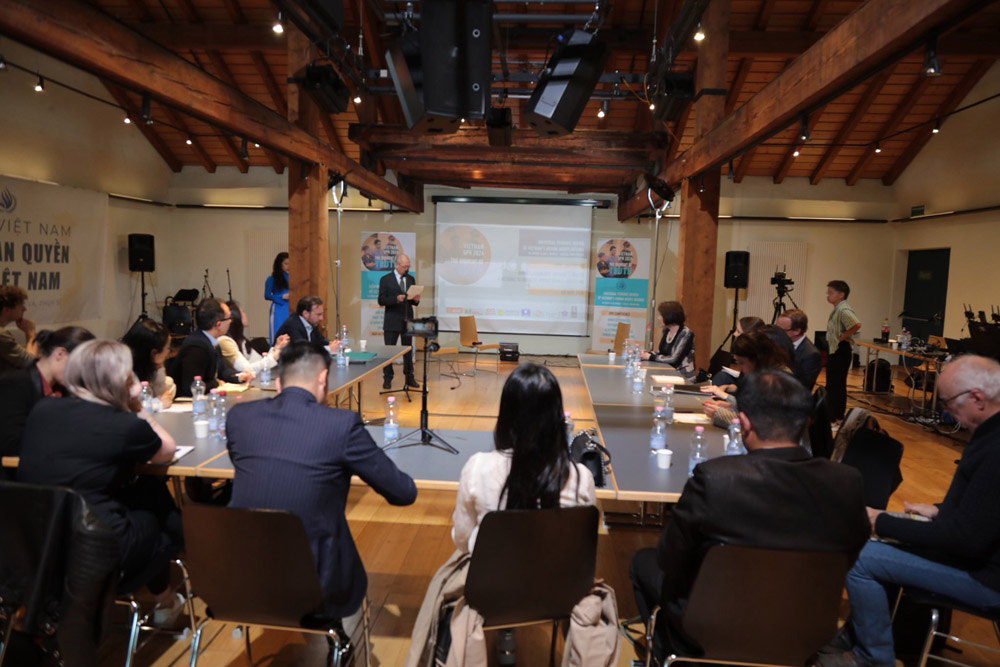March 4, 2011
Despite an intermittent block since November 2009, Facebook is fast becoming the most popular and influential social network in Vietnam. As witnessed in the Middle East and North Africa, social networks offer a space for civil society to grow, where individuals and groups can freely share opinions and express dissent. By providing citizens with tools for communication and mobilization, Facebook and other social media are also transforming Vietnam.
In a recent study conducted by Viet Tan, nine out of ten users surveyed experienced restricted Facebook access. An overwhelming majority of these users responded that they would take action by writing their Internet Service Provider (ISP) or disseminating circumvention techniques to friends.
The growth of Facebook in Vietnam, despite government restrictions, represents an act of civil disobedience among Internet users. The Hanoi government’s efforts to limit access to Facebook requires our continued advocacy and dissemination of circumvention techniques to guarantee the freedom to connect.
The Vietnamese government defriends Facebook
In early 2008, Facebook introduced its Translations Application which allowed for language localization to be crowd sourced. Facebook users worldwide participated to help translate the website’s 24,000 phrases into every major language in the world, including Vietnamese. By the end of 2008, Facebook established a toe-hold in Vietnam with just under 100,000 users.

(source: Viet Tan)
The Vietnamese user base grew exponentially the following year and Facebook quickly became Southeast Asia’s fastest growing website, thus attracting the attention of authorities. By late summer 2009, a purported order by Vietnam’s Ministry of Public Security to block access to Facebook and other external websites began to circulate on the Internet. This leaked document, dated August 27, 2009, was addressed to ten local ISPs.
While the Hanoi government has never confirmed issuing this decree, in November 2009 Internet users in Vietnam began reporting widespread Facebook outages. Several local ISPs acknowledged privately that they were pressured by government authorities to suspend Facebook access, in response to the general trend of Vietnamese taking advantage of the political space created by the Internet.
Facebook is not blocked at the IP (Internet Protocol) level, like in China or Syria, but at the DNS (Domain Name System) level. The government simply tells service providers to redirect their servers away from the intended website destination. Such censorship is easier to circumvent, as netizens can simply get access by changing the DNS provider to a publicly available one.

While DNS blocking is not effective in completely censoring information or censoring sites like Facebook, this method of censorship can be highly effective in simply destroying the value of a social network like Facebook.

Perhaps the Vietnamese authorities wanted to give Facebook a slow death. Rather than blocking the network outright and sparking the ire of a million users, the government hoped that Facebook would wither away as people got tired of the unreliable service.
Although daily visits to Facebook from Vietnam declined measurably in November 2009 (when the block commenced) and again in December 2010 (during the political crackdown prior to the 11th Congress of the Vietnamese Communist Party), the number of Vietnamese on Facebook has continued to grow, to an estimated 2.6 million users today. Vietnamese authorities appeared to have encouraged alternatives. Go.vn, a social network launched in May 2010 by the state-owned Vietnam Multimedia Corporation, was seen as a Facebookkiller, an investment by the government to stymie Facebook’s growing popularity. Derided as the “Communist Facebook” by many because of its signup requirement with government-issued I.D. numbers and full names, Go.vn failed to set the Vietnamese netscape ablaze.
Another Facebook competitor is zing.vn (Zing Me), created by the VNG Corporation. Zing Me offers a wide variety of tools and entertainment features similar to Facebook, even producing its own version of the popular Facebook game Farmville with ZingFarm. But it appears that Zing Me only won over gamers and the very young.
Both go.vn and zing.me tried to capture Facebook’s familiar interface and offer its users gaming capabilities, hoping to capitalize on Vietnam’s large gaming community. With the restrictions on accessing Facebook, Vietnam’s home-grown sites were positioned to poach on frustrated users who found themselves locked out.
Why Facebook remains widely popular in Vietnam points to the power of an open internet—and the ingenuity of netizens.


Facebook survey

Through our circumvention and digital security portal nofirewall.blogspot.com, Viet Tan conducted a survey of 380 readers in Vietnam about their access to Facebook. We asked four questions and received these results:
1. Which Internet Service Provider (ISP) do you use?
- lRespondents had the choice of selecting one of eight local ISPs or “other” if not in the list. Nearly all the people surveyed—96%—reported using one of three providers: VDC, FPT or Viettel. This roughly corresponds to the market share of ISPs in Vietnam. The remaining five ISPs in the survey tend to be small, regional players.
2. Has your ISP blocked access to Facebook?
- Nine out of ten users answered that they experienced blocked access to Facebook. Among the big three ISPs, the block was worst with FPT (99%) followed by VDC (93%) and then Viettel (82%).
3. If your ISP has blocked access, have you tried to circumvent the block?
- According to the survey, 86% of respondents indicated that they were already circumventing the block or interested in learning how to do so. Only 14% expressed despair over the block and intended to quit using Facebook.
4. If your ISP has blocked access, what action will you take in response to the block?
- The desire of respondents to take action is worth noting. About 30% of people indicated that there was nothing that could be done. But 10% were willing to write a letter to their ISP to protest the block. And 60% were focused on helping friends learn how to circumvent the block. In short, seven out of ten respondents were not willing to passively accept the Facebook block.
The survey was conducted over a seven week period from January 12 to March 2, 2011. This time frame coincided with the Communist Party of Vietnam’s 11th National Congress and massive popular protests in North Africa—two major events during which authorities tightened restrictions on Facebook and the Internet in general.
The survey responses reflects individuals who are aware of nofirewall.blogspot.com and voluntarily participated in the webbased poll. While the Internet sophistication of the survey respondents is probably higher than the average Vietnamese Internet user, we believe the respondents are roughly representative of the typical active Facebook user.
Circumvention as the gateway to civil disobedience, political freedom

By promot ing relat ionships and interconnectivity, social media is a galvanizing force in Vietnam: the new town square is the fan page on Facebook, community gatherings take place on the discussion board. By restricting Facebook, the Vietnamese government is offending a wide segment of the population.
Blogger Ethan Zuckerman of the Berkman Center for Internet and Society at Harvard University introduced the idea of cute cats as a comparison for digital tools in their uses for the common man and the activist.
If the Cute Cat Theory of Digital Activism is correct, people will only really start paying attention when the state takes away your ability to share pictures and videos of your cute cats. And that is exactly what has happened in Vietnam. Students and young people who normally would have shied away from oppositional activities began organizing on Facebook to protest the block.
They formed groups such as “The Association of 1 million signatures opposing the Facebook block” and “If you elders block FB, we youths will climb over the walls and create cracks to enter” attracting tens of thousands of supporters. In nonauthoritarian countries, activism online oftendoes not require much of a sacrifice. In Vietnam, this level of activism is unprecedented.
By filtering access to Facebook, it appears the Vietnamese government has confirmed the law of unintended consequences: Vietnamese are gathering in public squares online to demonstrate against government censorship.

Next steps & Recommendations
As shown by Viet Tan’s survey and usage data published by Facebook, Vietnamese internet users are circumventing the Facebook block. The willingness of a large majority to take action to counter internet censorship certainly extends beyond this particular network, and includes other popular sites (such as Multiply) routinely restricted by government edict. To empower Vietnamese netizens to stay ahead of the censors, digital freedom advocates can play an important role. The following are three ways to help.
1/ Creating a realtime tracking tool for online censorship
- One of the best ways to map the extent of online censorship is to provide users with a localized tool that users can track realtime blockage. Something like Herdict Web, which allows users worldwide to report web censorship, needs to be localized into the Vietnamese language and widely publicized to in-country netizens.
2/ Promoting circumvention and digital security
- Viet Tan is dedicated to the dissemination of circumvention tools and information on digital security because we believe that access to the Internet will have a leveling affect and further Vietnam’s development.
But much more needs to be done in terms of localizing existing circumvention tools for Vietnamese users, providing training to activists and bloggers, and publicizing the techniques to everyday netizens. Just as importantly, so that the web is not an instrument of the oppressors, an understanding of digital security needs to be disseminated widely.
3/ Advocating for Internet freedom
- Vietnam’s netizens are striving for an open Internet. Theirs is a call for the freedom to associate, to express, to connect. Be a voice against the legal restrictions and web censorship by the Hanoi government. Speak out against Western companies that supply filtering technologies to the Vietnamese state.






